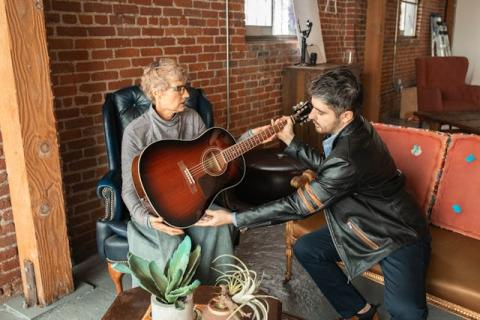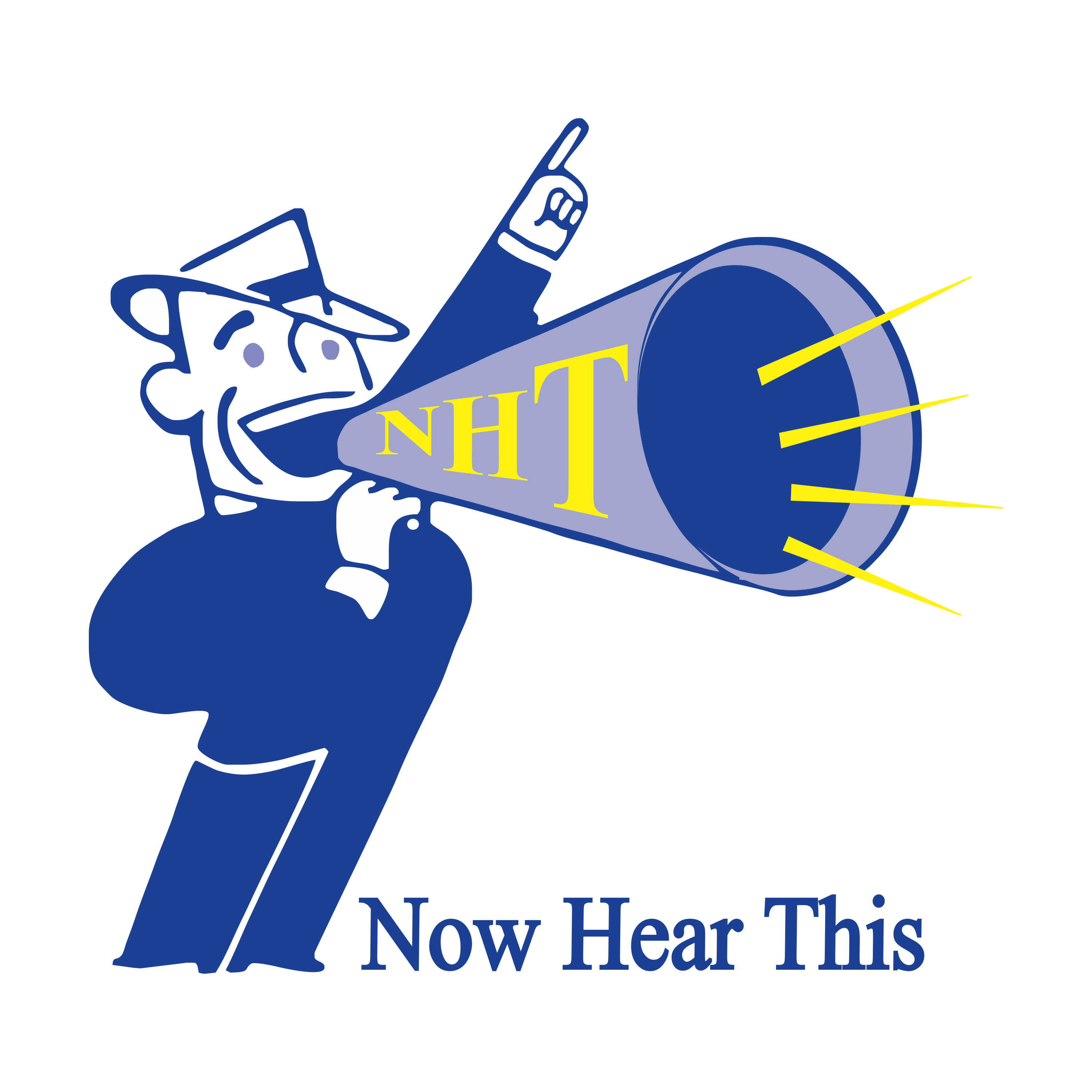
As a performer, of course your focus is going to be on putting on a great show. Similarly, if you’re an author, your priority is to write a terrific book. Heck, even if your craft is podcasting or being a YouTuber, that’s where you are putting all your energies and making sure you’re delivering a top-quality product with each release.
Let me say that you absolutely should be giving it your all when it comes to whichever of the above describes you. You have put a lot of time and work into your career and a lot of learning has gotten you where you are.
| Related posts: |
| Missed Opportunities: Are THEY Avoiding YOU? |
| Don't Mislead Your Audience - Cite Your Sources |
But now I have to say, share that knowledge with others who are just like you too. Someone taught you, so pay it forward.
I realize you might say that you’re a self-starter and/or that you taught yourself, including having to go through struggles to learn from your mistakes. But that doesn’t mean you should hold everything so close to the vest – like a state secret – and decide that others need to suffer through those pitfalls too in order to learn.
I’ve had a front row seat to three such examples lately that brought a smile to my face one as much as the other because of the willingness to share knowledge and information.
One is a performer I’ve known for, gosh, well over ten years now, and someone who, as a result, has been a guest on my weekly “Now Hear This Entertainment” podcast. This individual put up an Instagram post showing some of the radio airplay that their latest single has been getting. Since I have a client who not only recently released a new album, but another who is about to release a new single, I asked, “What was the source you used that gave you this type of reporting about the radio airplay noted in your Instagram post?”
It would’ve been easy to ignore my message (“leave me on read,” as they say these days) or some other “I’m not going to help him” type of action. But instead, I got a hearty DM exchange that gave me the answer!

A second example is a publicist who sends me a lot of pitches about clients they hope I would consider having as guests on “Now Hear This Entertainment.” As a publicist myself, I was interested in “what’s working, what’s not working, what resources do you use,” and just generally hear more about the type of services provided for that person’s clients. I always want to get more and better results for my clients, so, why not ask someone who is providing similar services for folks close to those that I work for/with?
Here again, it would’ve been really simple to blow me off and withhold information and think, “Now Hear This is a competitor. Why should I get on a call and talk to Bruce? I shouldn’t be helping him with information that might benefit his clients!” But that wasn’t the case, as I had a pleasant phone call where we were able to talk as fellow publicists should.
And the third example is an artist I recorded an interview with for an upcoming episode of my weekly podcast. This guest talked, obviously, about all that they’re doing, but when that conversation went past writing, recording, and releasing music, to now starting up a publishing company and record label, the new initiative was all about wanting to be in service to similar folks in music. The statement made was pretty close to, “I’ve learned from my mistakes so why not save someone from having to go through those same things and help them out?” There was even mention made of people that had provided help at the start of this guest’s career, so again, as an ode to them, why not do so for others who need to learn these lessons in the business?

In fact, there was a fourth example that just came to me. I had a phone call with a publicist from a publishing company that recently put out a book by one of my clients. This was a “What more can I be doing? What are you doing?” type of conversation that, once again, could’ve easily been declined. Right? Think about it. That person could’ve said, “If this Bruce Wawrzyniak is a longtime publicist, he shouldn’t be needing to call me and ask me for some feedback.” Instead, it was, “What is your availability like,” and we scheduled the call.
That, my friends, is how you can and should respond when someone wants to know, “How did you get your song placed in (film/TV show)?” or “How did you get to do a book signing at (store)?” or “How did you get that many views so quickly on your latest YouTube video?” In other words, don’t ignore the inquiry and don’t say, “Sorry, I wish I could help, but I’m not at liberty to disclose that.” After all, someday you’re going to want someone to tell you something that will help you.
For twenty years I have been helping indie music artists, actors, entrepreneurs, podcasters, filmmakers, small business owners, and more. What challenges are you having in your creator career that I can lend some insight to? Let’s get on a short call together so you can take advantage of all my experience, and I can help and keep you moving forward.
